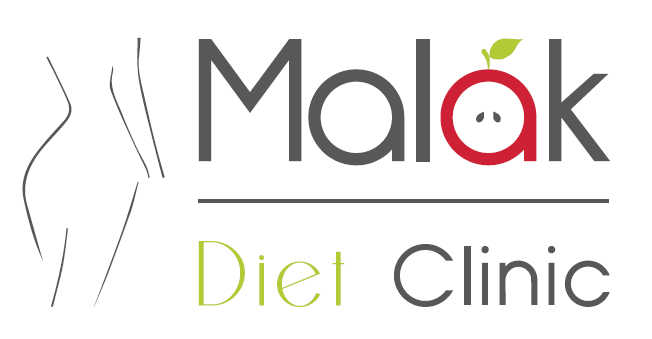
Stress and eating behaviours
Stress eating is a type of emotional eating, which contributes to excess calories and when done often enough causes weight gain. In addition, the type of food people crave when stressed are generally high fat/sugary foods.
Physiologically, there are several ways stress can affects weight and eating:
It can affect your weight and eating habits by increasing the levels of stress hormones (specifically cortisol) circulating in your body. These hormones can cause you to have higher intensity cravings for high fat, calorie-dense foods, which will typically make you gain weight over time.
Another way stress affects eating has to do with sleeping patterns. When someone is stressed they generally sleep less. Less sleep, chronic fatigue causes the hormone ghrelin to rise. Ghrelin is the primary hunger hormone, and causes someone to feel hungry even when they don’t need to eat.
Solutions to avoid emotional eating:
When negative emotions threaten to trigger emotional eating, you can take steps to control cravings. To help stop emotional eating, try these tips:
-
Keep a food diary. Write down what you eat, how much you eat, when you eat, how you're feeling when you eat and how hungry you are. Over time, you might see patterns that reveal the connection between mood and food.
-
Tame your stress. If stress contributes to your emotional eating, try a stress management technique, such as yoga, meditation or deep breathing.
-
Have a hunger reality check. Is your hunger physical or emotional? If you ate just a few hours ago and don't have a rumbling stomach, you're probably not hungry. Give the craving time to pass.
-
Get support. You're more likely to give in to emotional eating if you lack a good support network. Lean on family and friends or consider joining a support group.
-
Fight boredom. Instead of snacking when you're not hungry, distract yourself and substitute a healthier behavior. Take a walk, watch a movie, play with your cat, listen to music, read, surf the internet or call a friend.
-
Take away temptation. Don't keep hard-to-resist comfort foods in your home. And if you feel angry or blue, postpone your trip to the grocery store until you have your emotions in check.
-
Don't deprive yourself. When trying to lose weight, you might limit calories too much, eat the same foods repeatedly and banish treats. This may just serve to increase your food cravings, especially in response to emotions. Eat satisfying amounts of healthier foods, enjoy an occasional treat and get plenty of variety to help curb cravings.
-
Snack healthy. If you feel the urge to eat between meals, choose a healthy snack, such as fresh fruit, vegetables with low-fat dip, nuts or unbuttered popcorn. Or try lower calorie versions of your favorite foods to see if they satisfy your craving.
-
Learn from setbacks. If you have an episode of emotional eating, forgive yourself and start fresh the next day. Try to learn from the experience and make a plan for how you can prevent it in the future. Focus on the positive changes you're making in your eating habits and give yourself credit for making changes that'll lead to better health.
Instagram Profile: @malakdietclinic


